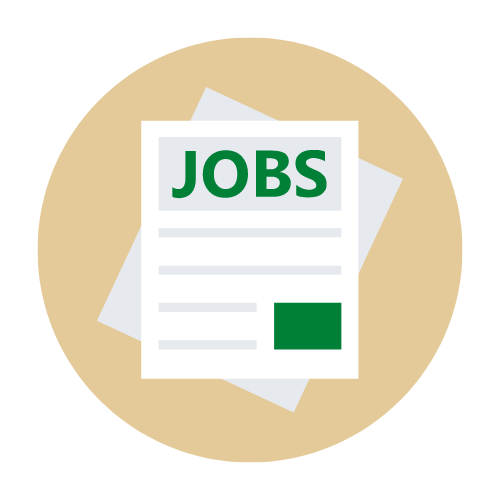
HOW TO STRUCTURE YOUR COVER LETTER
The structure of your cover letter is just as important as the content. A well-structured cover letter will be easy to read and will clearly communicate your message. Here's how to structure your cover letter:
Salutation: Address your cover letter to the hiring manager or recruiter by name, if possible. If you don't know their name, use a generic salutation such as "Dear Hiring Manager" or "Dear Recruiter."
Introduction: Begin your cover letter with an attention-grabbing introduction that clearly states the position you are applying for and why you are the best candidate for the job. Use this paragraph to hook the reader and make them want to keep reading.
Body: The body of your cover letter should be 1-2 paragraphs that highlight your skills, experience, and achievements. Use this section to demonstrate how your qualifications make you the ideal candidate for the job.
Closing: Your cover letter should end with a strong closing that thanks the hiring manager for their time and consideration. You can also use this paragraph to reiterate your interest in the position and to request an interview.
TIPS FOR WRITING A STANDOUT COVER LETTER
Now that you understand the structure of a cover letter, let's dive into some tips and strategies for making yours stand out:
Customize your cover letter: Each cover letter should be tailored to the specific job you are applying for. This means that you should research the company and the job description and use this information to highlight your relevant skills and experience.
Use keywords: Many companies use applicant tracking systems (ATS) to screen resumes and cover letters. To ensure that your cover letter gets noticed, use keywords from the job description in your cover letter.
Be specific: Instead of simply stating that you have experience in a certain area, be specific about your accomplishments and how they relate to the job you are applying for. For example, instead of saying "I have experience in marketing," say "I developed and executed a successful social media campaign that increased website traffic by 50%."
Show your personality: Your cover letter is an opportunity to showcase your personality and why you would be a good fit for the company culture. Be professional, but don't be afraid to let your personality shine through.
Keep it concise: Your cover letter should be no longer than one page. Be concise and focus on the most important information.
COMMON COVER LETTER MISTAKES TO AVOID
Being too generic: Your cover letter should be tailored to the specific job you are applying for. Avoid using a generic cover letter that can be sent to multiple employers. This can come across as impersonal and disingenuous.
Focusing on what the job can do for you: While it's important to explain why you are interested in the job, avoid making the cover letter all about what the job can do for you. Instead, focus on how you can add value to the company.
Making typos or grammatical errors: Your cover letter is your chance to make a great first impression, so it's important to ensure that it's error-free. Make sure to proofread your cover letter several times before submitting it.
Being too informal: While you want to show your personality in your cover letter, it's important to maintain a professional tone. Avoid using slang, casual language, or emojis.
Being too desperate: While it's important to express your enthusiasm for the job, avoid coming across as too desperate. This can make you appear less confident and less desirable to the employer
